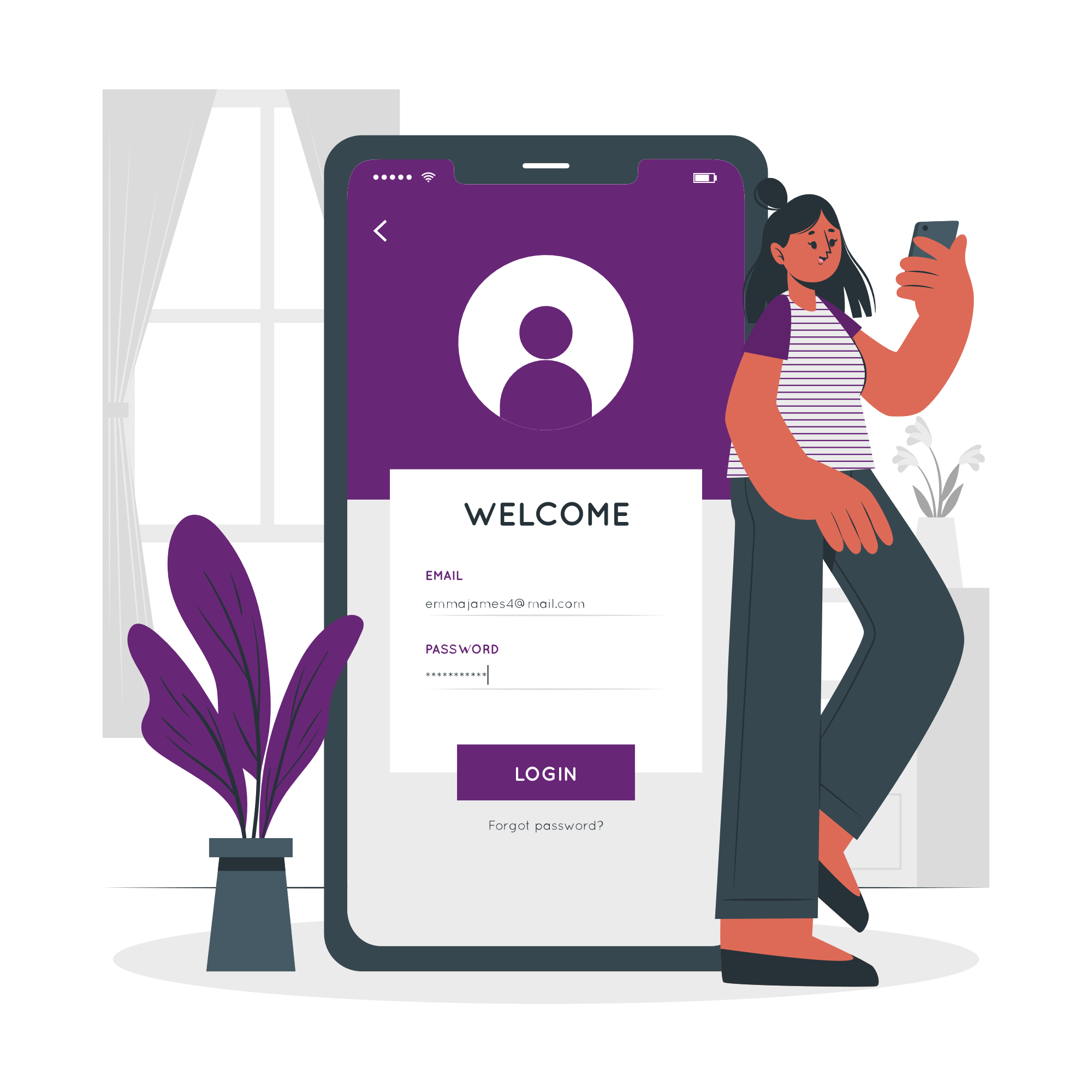How to navigate self-assessment season: Part 2
If you’ve read our first post in December on how to navigate the self-assessment season, you’ll know we’re not here to add to the deafening industry noise by telling you how software can make your life easier and banish all your self-assessment blues.
And that’s because we know that, when you’re in the thick of it, evangelising about the grass being greener on the tech-ier side, doesn’t help. It’s probably quite irritating – and understandably so.
So instead, this January, we wanted to share some quick, digestible suggestions to consider, in a way that you can glance over briefly while sipping your first cup of tea, before getting stuck into the day.
For part one, read here. For part two, here are three more things we think it’s worth considering as ways to navigate self-assessment season this year.
Give your clients tangible reasons to act quickly
You might be 99% sure you’re already giving your clients as many reasons as possible to do things in advance – but are you certain you’re speaking their language?
Like we mentioned in part one, HMRC has been banging the ‘get your self-assessment return done early’ drum for a while now, and they’ve honed in on some tangible benefits to doing so.
Rather than the generic ‘to avoid late payment penalties’ warning that clients are used to hearing, try using some of the below incentives to get people moving:
- The sooner you submit your return, the sooner you can claim a refund if you’re owed one
- You’ll need proof of income if you’re applying for a mortgage, loan, or certain schemes (like tax-free childcare): your tax return can act as that
- Knowing how much you’ll need to pay means you’ll know whether or not you can afford the holiday you’re keen to book on Boxing Day
- If we need to speak to HMRC in January, it’s going to take much longer.
Don’t say yes to everything
We know, we know – it’s likely your existing clients that are causing the most stress at this time of year, but don’t you ever find that new requests or favours seem to sneak their way into your workload, too?
You’re not alone. Deadline-conscious prospects come knocking at their local accountant’s door each year, and this presents an opportunity to really evaluate your opportunities.
Be strict about how many new clients you take on board and how much new work you agree to for existing ones. Try to think longer term – is this the kind of client you’d like to be working with this time next year? What about in two years? Does this current client make things easy – or is taking on more work for them likely to cause nightmares down the line?
If you’ve already got a client or prospect pegged as a repeat late offender, steer clear while you’ve got the chance. There’s no harm in politely declining on the basis of your own capacity – even if the person in question is your next door neighbour’s best friend’s husband, or something.
Find alternative sources of information
Okay, we are going to mention software here, but only to ask the question of whether or not you’re maximising the amount of data you can obtain without actually speaking to your clients.
Think of it like this: if you had access to all the financial information that your clients do when they receive it, self-assessment season probably wouldn’t be a ‘thing’.
The delay isn’t in your clients receiving the information, it’s them sharing it with you. By taking them out of the equation where possible, you’ll inevitably speed things up.
One alternative source of information is, of course, software (sorry!) – because it can take data directly from HMRC without your client being a middle man. It might not be 100% reliable, but it’s one conversation less to have.
But alternative sources of information can also mean speaking directly to any other professionals your client works with – like an independent financial advisor, bookkeeper, or administrative assistant, for example.
Other advisors will speak your language and know the format you need information delivered in – and building a network of strong connections can have the bonus of being a source of referral income, too.
To recap
So, there you go! Six things that we think it’s worth considering this self-assessment season:
- Capitalise on HMRC’s own communications
- Don’t try and do everything yourself
- Tell your clients about Time to Pay.
- Give your clients reasons to act quickly
- Don’t say yes to everything
- Find alternative sources of information.
We hope that’s helped at least a little. And if not, we’ll check back in February to talk about exactly how – by using software – next year could be different ?.








